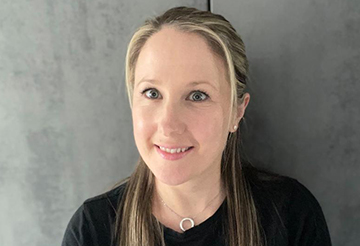About
I am a qualified counsellor in cognitive behavioural therapy (CBT) with over 10 years of experience.
I am accredited with the National Counselling Society (NCS) as an Accredited Professional Registrant (membership number: NCS19-08178). I am also a professional member of the British Association for Counselling and Psychotherapy (BACP) since 2009 (membership number: 684697).
I have experience of working with young people and adults, face-to-face and remotely. I have worked with clients with a wide range of mental health issues, including depression, anxiety, relationship difficulties, bereavement, suicide, domestic violence and sexual abuse.
I have been working for Priory as an associate therapist since July 2022. I work in an integrative and person-centred way, using CBT, and I work with adults remotely (via Zoom or Skype.)
Training
I have lots of continuing professional development (CPD) and keep it up to date. Some of these include ASIST, SafeTalk, mental health first aid, and various child protection and safeguarding training.
I also have the following training which are all OCN accredited:
- The Role of the Sexual Violence Worker
- The Cruse Bereavement Care Training
- Women’s Aid Core Training Understanding Domestic Violence
- Borderline Personality Disorder Awareness Diploma, completed in March 2023.

